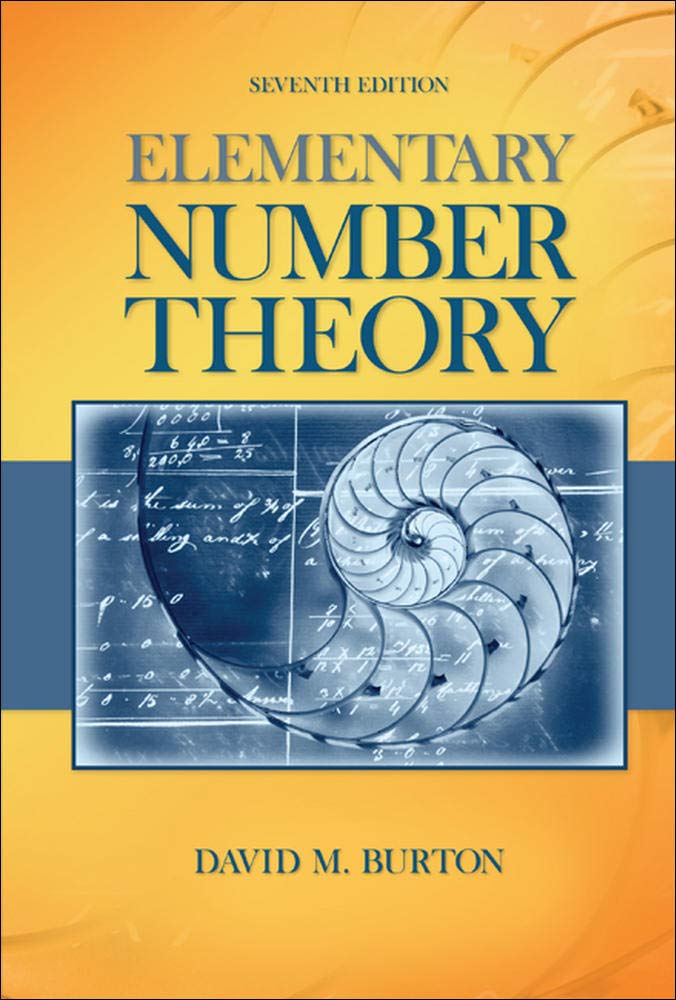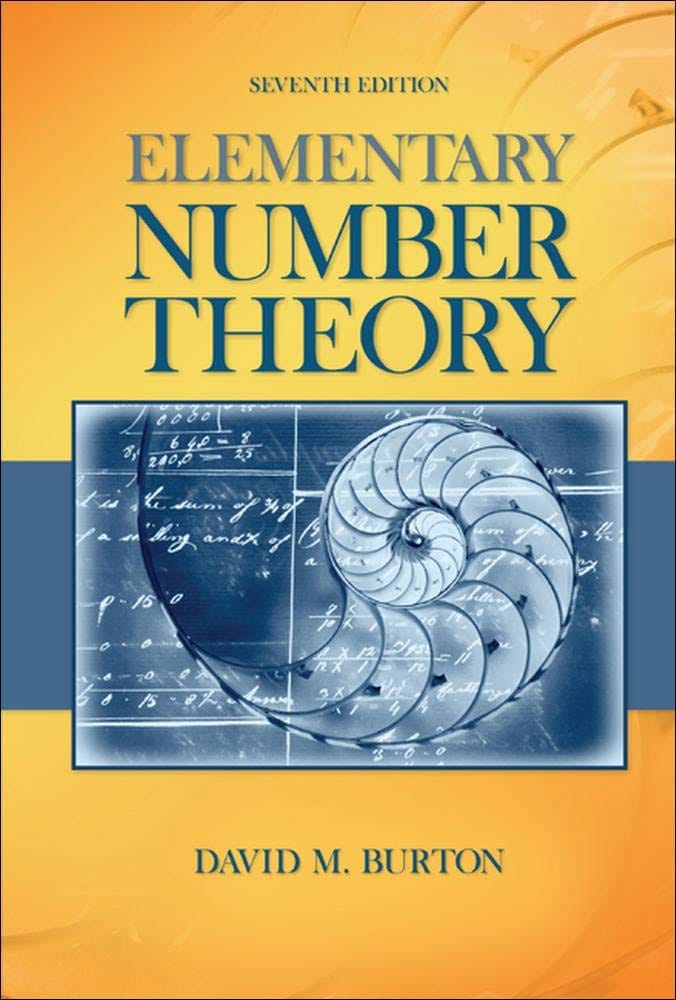
Elementary Number Theory Problems 3.3 Solution (David M. Burton's 7th Edition) - Q6
My Solution for "Prove that the Goldbach conjecture that every even integer greater than $2$ is the sum of two primes is equivalent to the statement that every integer greater than $5$ is the sum of three primes."
Background
All theorems, corollaries, and definitions listed in the book's order:

I will only use theorems or facts that are proved before this question. So you will not see that I quote theorems or facts from the later chapters.
Question
Prove that the Goldbach conjecture that every even integer greater than $2$ is the sum of two primes is equivalent to the statement that every integer greater than $5$ is the sum of three primes.
[Hint: If $2n - 2 =p_{1}+ p_{2}$, then $2n =p_{1}+ p_{2} + 2$ and $2n + 1 =p_{1}+ p_{2} + 3$.]
Solution
Method 1: Using the Hint
$\to$
Let $m > 5$ be an integer.
If $m$ is odd:
By Theorem 2.1 Division Algorithm, we can write $m = 2n + 1$ for some integer $n$. We know $2n + 1 > 5$, so $2n - 2 > 2$ and $2n - 2$ is an even integer. Thus we can write $2n - 2 = p_{1} + p_{2}$ where $p_{1}$ and $p_{2}$ are two primes. Then $m = 2n + 1 = p_{1} + p_{2} + 3$, which is the sum of three primes.
If $m$ is even:
By Theorem 2.1 Division Algorithm, we can write $m = 2k$ for some integer $k$. We know $2k > 5$, so $2k - 2 > 2$ and $2k - 2$ is an even integer. Then $2k - 2 = p_{1} + p_{2}$. Then $2k = p_{1} + p_{2} + 2$, which is the sum of three primes.
$\gets$
Let $m > 2$ be an even integer. By Theorem 2.1 Division Algorithm, we can write $m = 2k$ for some integer $k$. We know $2k + 2 > 5$, then $2k + 2 = p_{1} + p_{2} + p_{3}$. Then $2k = p_{1} + p_{2} + p_{3} - 2$. One of $p_{1}$, $p_{2}$, and $p_{3}$ must be $2$; otherwise, the righthand side will be odd, and the lefthand side will be even. WLOG, let $p_{3} = 2$. Thus $m = 2k = p_{1} + p_{2} + 2 - 2 = p_{1} + p_{2}$.
Therefore, every even integer greater than $2$ is the sum of two primes is equivalent to the statement that every integer greater than $5$ is the sum of three primes.
Method 2: A Shorter Version
The rest is for Premium Members only
SubscribeAlready have an account? Log in

